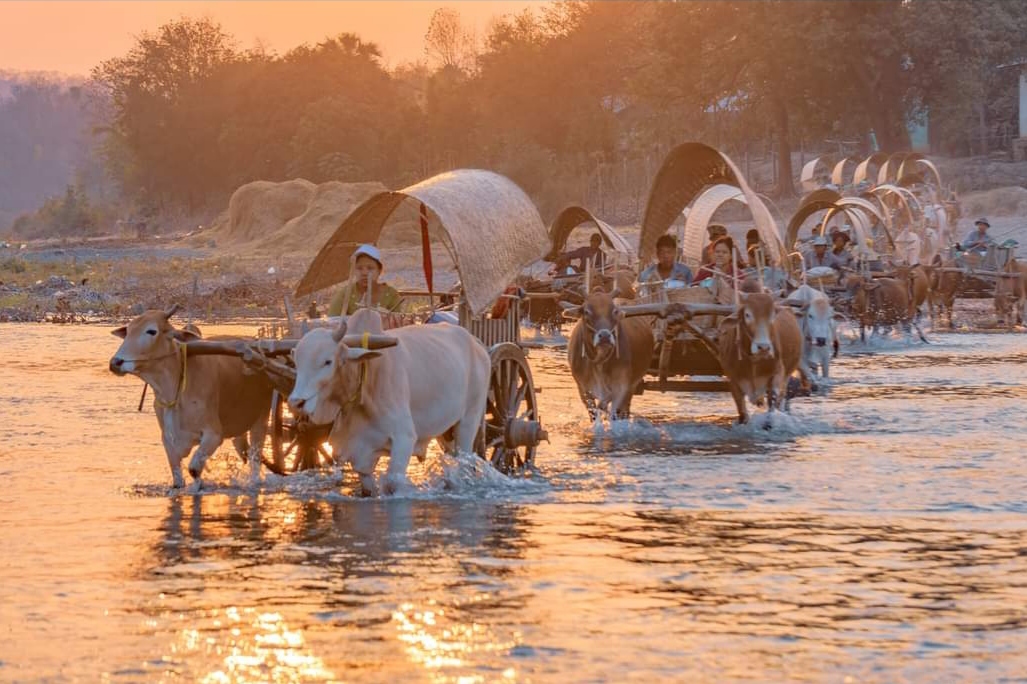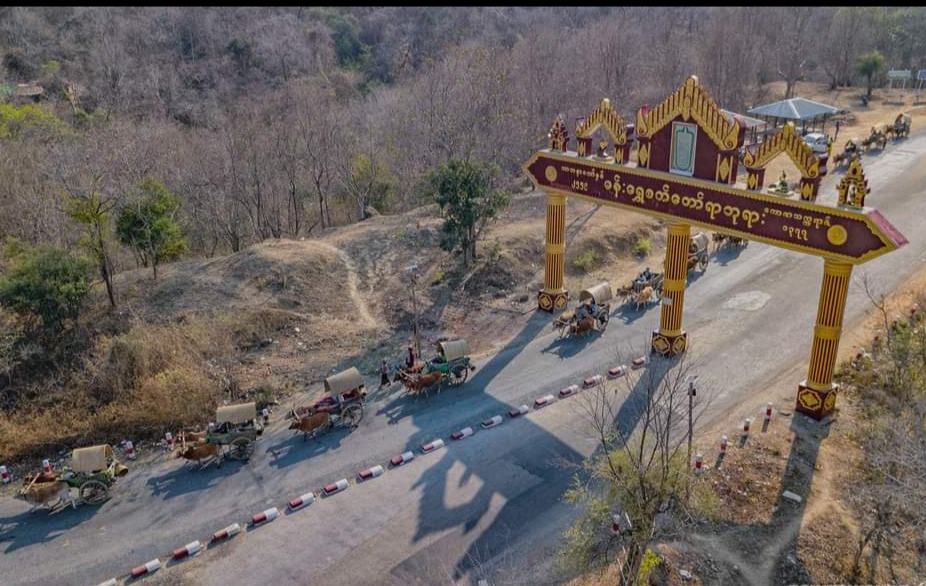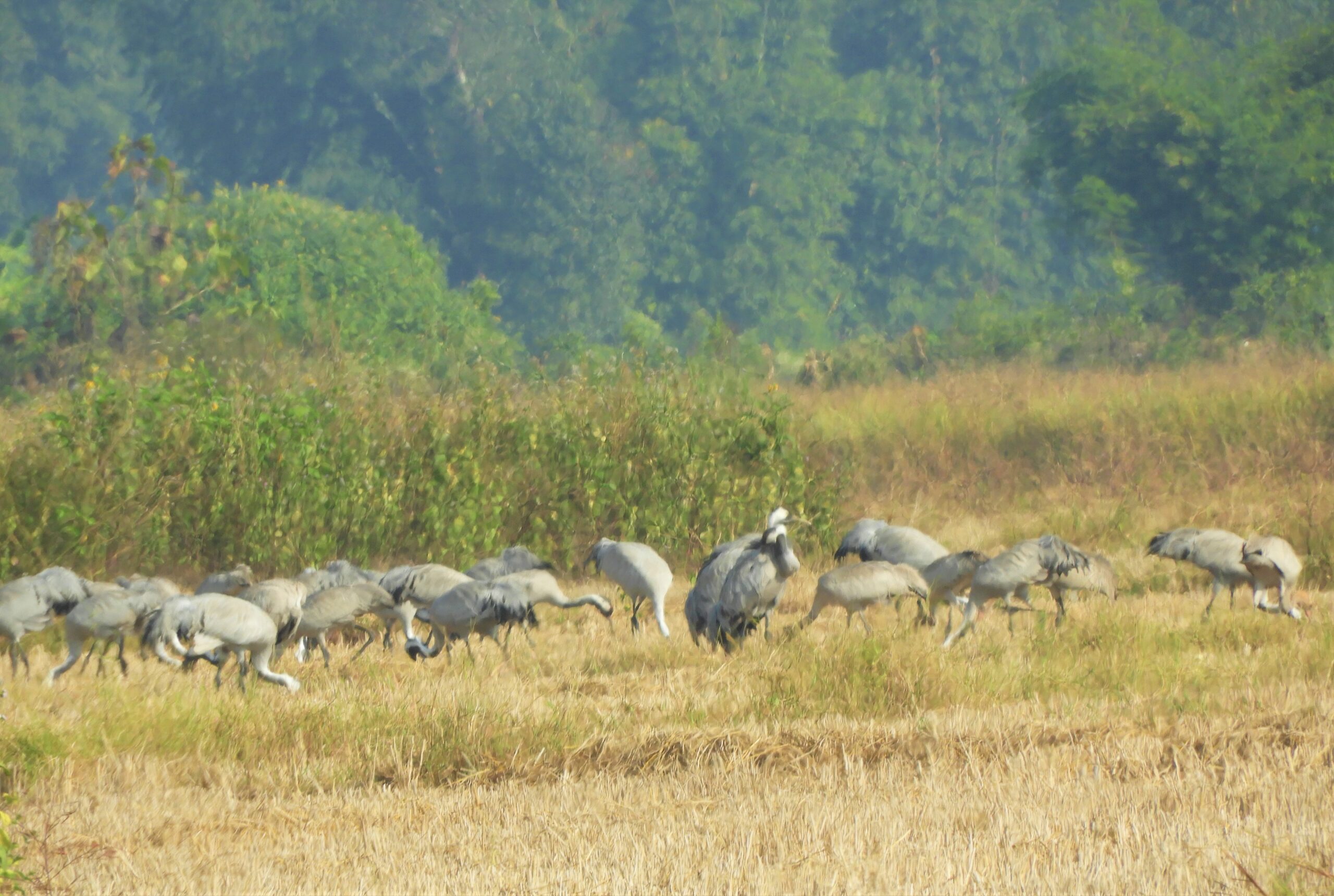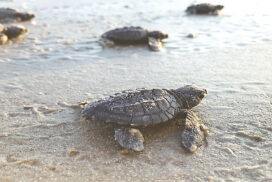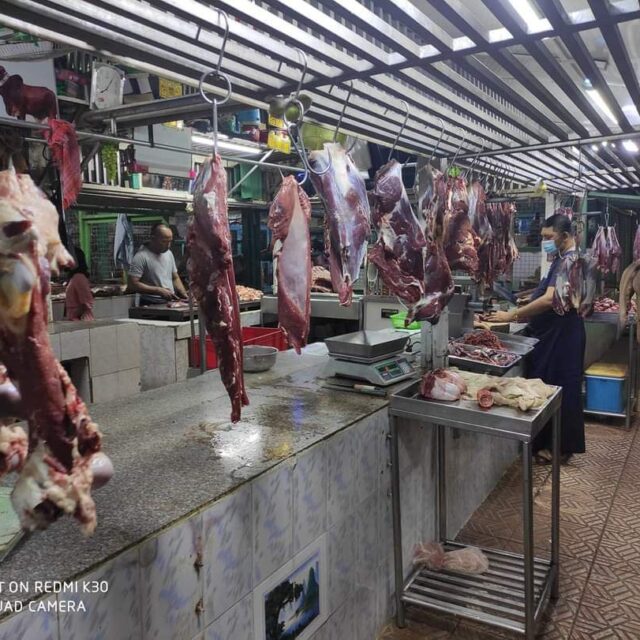Forests and natural parks worldwide are safeguarded to mitigate global warming and climate disruption. Myanmar also conserves eight ASEAN Heritage Parks.
Preserving these parks involves nurturing biodiversity, fostering harmony between humans and nature, and promoting environmental consciousness for the betterment of society and the planet. Ensuring the sustainability of these biodiverse ecosystems benefits not only the flora and fauna but also the economic, social, and ecological systems that support human life. Researchers estimate this impact directly affects over 250 million people globally.
Myanmar’s conservation efforts encompass eight parks: Indawgyi Wildlife Sanctuary, Khakaborazi National Park, Inlay Lake Wildlife Sanctuary, Alaungtaw Kathapha National Park, Mainmahla Kyun Wildlife Sanctuary, Natma Taung National Park, the Lampi Marine National Park, and Htamanthi Wildlife Sanctuary. These ASEAN heritage parks can be conserved for posterity by upholding the national ethos of environmental stewardship, contributing to global climate regulation.
Conserving biodiversity is paramount, requiring sustainable environmental management practices. Rather than exploiting natural resources, focusing on long-term conservation and responsible utilization is crucial. Myanmar aims to dedicate five per cent to 10 per cent of its land area to sustainable conservation efforts for the benefit of future generations. The management and conservation of these natural assets, including the ASEAN heritage parks, involve collaboration between government agencies, international organizations, and civil society.
Myanmar leads ASEAN in natural conservation efforts, boasting diverse protected areas, including national parks, marine reserves, wildlife sanctuaries, and geologically significant regions. These areas cover 6.42 per cent of the country’s land area and are subject to prudent management and ongoing research to ensure their ecological integrity and long-term sustainability. — Nyein Thu (MNA)/TMT
Myanmar’s conservation efforts to safeguard biodiversity, natural heritage
- February 02, 2024
- 146

